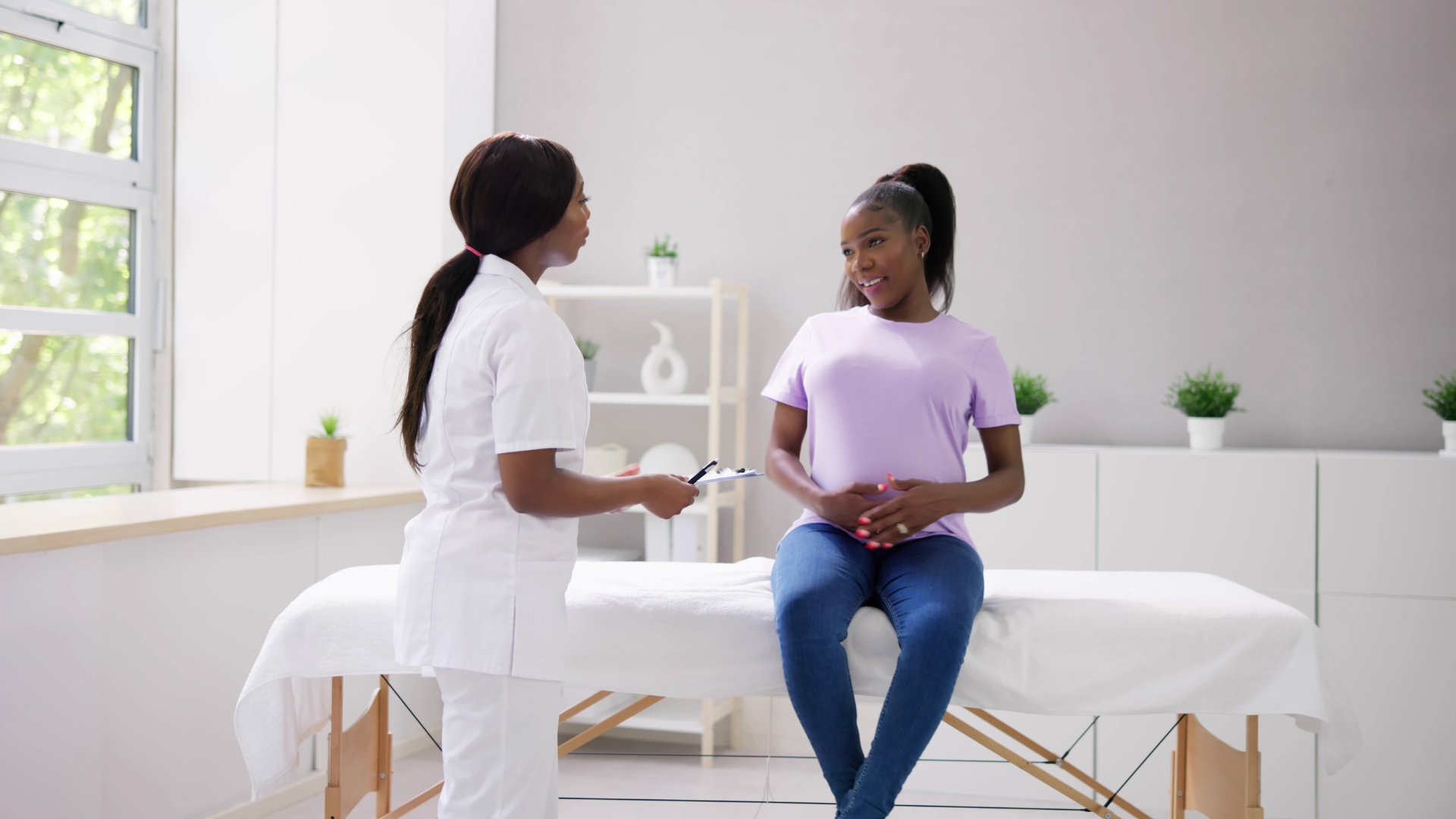Many people wonder if it’s possible to make their period come faster, usually to avoid inconvenient timing, or to alleviate the anxiety of a delayed cycle. While there are no guaranteed methods to induce menstruation, there are several natural remedies and lifestyle changes that might help. Let’s take a look at some ways you can potentially encourage your period to start sooner.
Understanding How The Menstrual Cycle Works
Before diving into the methods, it’s essential to understand the menstrual cycle, and how it works in relation to your body and hormones. The average cycle lasts about 28 days, but it can range from 21 to 35 days. The cycle is regulated by hormones, primarily estrogen and progesterone, which prepare the body for a potential pregnancy. If pregnancy doesn’t occur, the uterine lining sheds, resulting in a period.
Natural Methods to Induce Your Period
You can do moderate exercise can help stimulate blood flow and reduce stress, which might encourage your period to start. Activities like yoga, light jogging, or stretching can help relax the muscles and promote hormonal balance. Certain foods are believed to help induce menstruation. For example, vitamin C-rich foods like oranges, papayas, and pineapples are thought to increase estrogen levels and stimulate the shedding of the uterine lining Additionally, consuming foods rich in carotene, such as carrots and sweet potatoes, may also help.
Herbs like parsley, ginger, and turmeric have been traditionally used to induce menstruation. These herbs are believed to have emmenagogue properties, which stimulate blood flow in the pelvic area and uterus. Drinking herbal teas made from these ingredients might help encourage your period to start. Did you know applying heat to your lower abdomen can help relax the uterine muscles and increase blood flow? This can potentially induce your period. You can use a heating pad, or hot water bottle, or take a warm bath to achieve this effect. High levels of stress can disrupt your menstrual cycle by affecting the production of hormones. Practicing relaxation techniques such as meditation, deep breathing exercises, and spending time with loved ones can help reduce stress and promote hormonal balance.
Increasing sexual activity, particularly orgasm, can help stimulate the uterus and increase blood flow, which might encourage your period to start. The release of hormones during sexual activity can also help regulate your menstrual cycle.
Use Medical Methods to Induce Your Period
Using hormonal birth control is the most reliable way to regulate your menstrual cycle. Birth control pills, patches, injections, and implantable devices can help control the timing of your period. By manipulating the hormone levels, you can induce, skip, or delay your period.
If you have concerns about a delayed or irregular period, it’s essential to consult a healthcare provider. They can help identify any underlying conditions and recommend appropriate treatments. In some cases, medications like Provera (medroxyprogesterone acetate) may be prescribed to induce menstruation. In case you didn’t know, there are many myths and misconceptions about inducing periods. For example, some people believe that eating large amounts of certain foods or engaging in specific activities can guarantee the onset of menstruation. However, there is limited scientific evidence to support these claims, and it’s essential to approach such methods with caution.
What Are The Risks Associated With Inducing Your Cycle?
While some natural methods to induce your period are generally safe, it’s crucial to be aware of potential risks. For example, excessive use of herbal remedies can lead to adverse effects, and over-exercising can disrupt your menstrual cycle. Always consult a healthcare provider before trying any new methods, especially if you have underlying health conditions or are taking medications.
While there are no guaranteed ways to make your period come faster, several natural remedies and lifestyle changes might help encourage its onset. However, it’s essential to approach these methods with caution and consult a healthcare provider if you have concerns about your menstrual cycle. By understanding your body and making informed choices, you can better manage your menstrual health.
